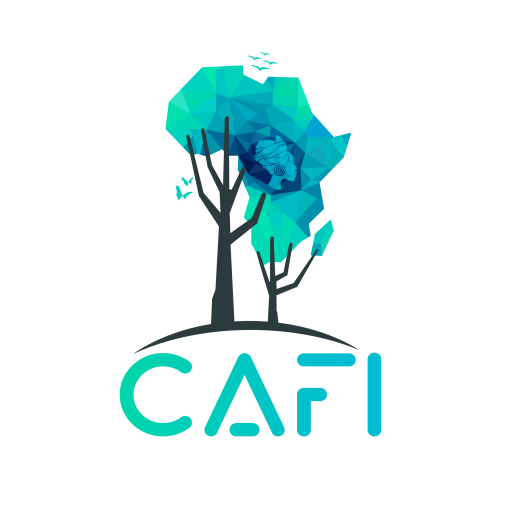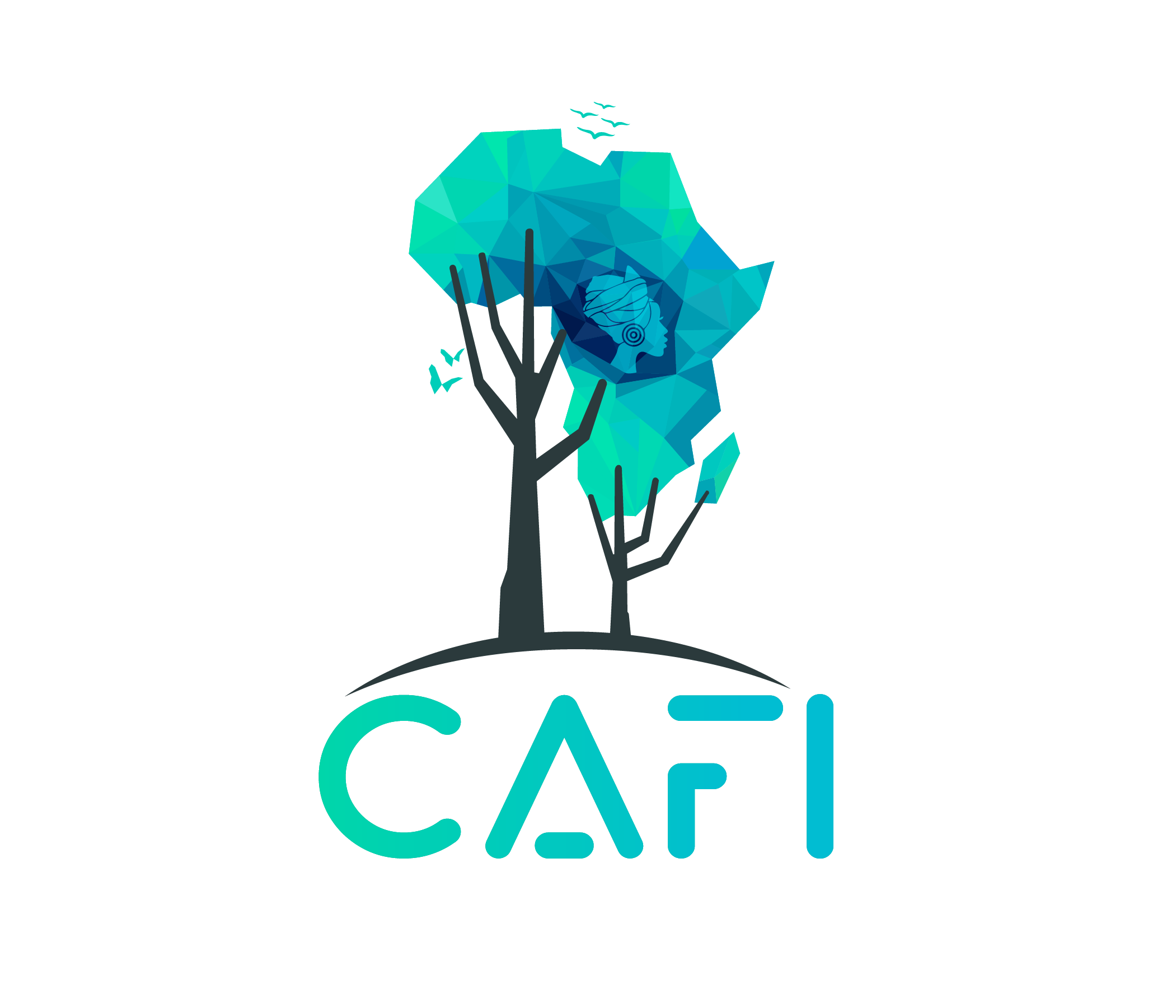Sharm-el-Sheik, Egypt (November 7, 2022) – Today at the Forest and Climate Leaders’ Summit at COP27, the Central African Forest Initiative (CAFI) and Dutch investment fund &Green announced a commitment of at least 120 million USD to the Congo Basin Pledge.
The Congo Basin is one of the last regions in the world to absorb more carbon than it emits. Its forest, the second largest in the world, absorbs nearly 1.5 billion tonnes of CO2 from the atmosphere every year or 4% of global emissions. Launched during last year’s COP26 in Glasgow, Scotland, the Congo Basin Pledge saw donors pledge 1.5 billion USD to an ambitious 5-year (2021-2025) commitment to protecting the Central African rainforest. The amount from CAFI and &Green will be invested over the period of 2023-2028 and aims to make a long-term impact in the region, increasing local food production, agro-industrial development and social inclusion without endangering the Congo Basin.
In the agreement between the two, CAFI, a United Nations Multi-Partner Trust Fund (MPTF) and policy dialogue platform, will provide 47 million USD as donor capital to &Green, who will catalyse more than double that amount in additional capital the Congo Basin. The United Nations Capital Development Fund (UNCDF) will act as the CAFI investment agent.
The investment fund &Green provides loans that might not normally be available to certain companies, who in turn are committed to implementing standards that do not contribute to deforestation. The commitment from CAFI enables &Green to make “derisked” loans, or loans backed by a donor, making the investment more secure. Speaking at the event today Nanno Kleiterp, Chairperson of the &Green Board of Directors, explained that “these loans allow the companies to start a transformation to implement international sustainability standards and produce more without needing to deforest.”
This agreement is part of a larger push to increase private sector investment in the Congo Basin, which was announced in part today by German Chancellor Olaf Scholz during the Forest and Climate Leaders’ Summit: “As current Chair of the Central African Forest Initiative, we are excited to announce that a series of Forest Performance Bonds will be developed in cooperation with the Green Climate Fund (GCF). These bonds will fund forest positive business in Central Africa.”
The design of the Forest Performance Bond has been entrusted to UNCDF. According to Xavier Michon, UNCDF Deputy Executive Secretary: “UNCDF is pleased to participate in the newly announced ambitious strategy by the Central Africa Forest Initiative in partnership with &Green, we are committed to mobilize private finance at scale through the design of this series of Forest Performance Bonds in Central Africa with the potential to secure co-investment from the GCF amongst others.”
In addition to funding forest positive businesses across the region, the bonds will support sustainable development and help mitigate and adapt to climate change. These initiatives are essential to fostering sustainable economic growth and ensuring food security in the Congo Basin while preserving the rainforests in the region.
# # #
About CAFI (cafi.org)
Supported by 7 European countries, the Republic of Korea and the European Union, the Central African Forest Initiative (CAFI) is a United Nations Multi-Partner Trust Fund (MPTF) and policy dialogue platform that aims to support Central African countries in pursuing a low-emission development pathway that ensures economic growth and poverty reduction while protecting the forests and natural resources on which people depend. Home to more than 10,000 plant and animal species, many of them endemic, the Central African rainforest is an indispensable source of food, energy, shelter and spirituality in countries with some of the lowest human development indexes and the largest number of people in urgent need of food security assistance in the world. CAFI combines investments and high-level policy dialogue to help its six partner countries implement the 2015 Paris Agreement on climate change, fight poverty and develop sustainably while being aligned with the post-2020 biodiversity framework.
About &Green (andgreen.fund)
&Green, incorporated as a Dutch Stichting, was developed under the leadership of IDH in close collaboration with Norwegian International Climate and Forests Initiative (NICFI). It is a blended finance debt vehicle investing in commercial projects that can demonstrate decoupling of commodity production from deforestation while being socially inclusive. &Green is focused on tropical forest jurisdictions with progressive forest protection strategies and targets in place. Its target sectors are the commodities that are driving deforestation such as palm oil, soy, beef, and forestry among others. Current contributors to &Green include the Government of Norway, through its International Climate and Forest Initiative (NICFI), Unilever – the British-Dutch consumer goods company, FMO – the Dutch Development Bank, the UK governmental Department for Business, Energy, and Industrial Strategy (BEIS), and the Global Environment Facility (GEF), with UN Environment acting as its implementing agency. The Dutch advisory firm SAIL Ventures acts as &Green’s Investment Manager.
About UNCDF (uncdf.org)
The UN Capital Development Fund makes public and private finance work for the poor in the world’s 46 least developed countries (LDCs). UNCDF offers “last mile” finance models that unlock public and private resources, especially at the domestic level, to reduce poverty and support local economic development. UNCDF’s financing models work through three channels: (1) inclusive digital economies, which connects individuals, households, and small businesses with financial eco-systems that catalyze participation in the local economy, and provide tools to climb out of poverty and manage financial lives; (2) local development finance, which capacitates localities through fiscal decentralization, innovative municipal finance, and structured project finance to drive local economic expansion and sustainable development; and (3) investment finance, which provides catalytic financial structuring, de-risking, and capital deployment to drive SDG impact and domestic resource mobilization.

